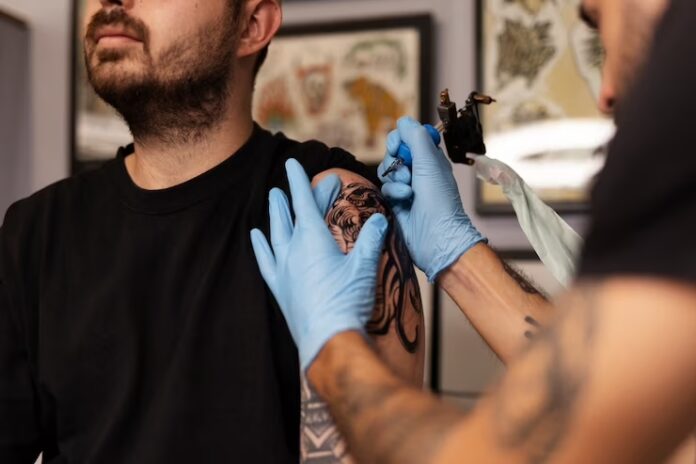Having a permanent tattoo is a personal choice that many individuals make to express themselves or commemorate meaningful experiences. While tattoos can be aesthetically pleasing and hold sentimental value, it is important to consider the potential disadvantages and long-term implications associated with getting a permanent tattoo. I will outline some of the disadvantages of having a permanent tattoo.
- Social Stigma: Despite the growing acceptance of tattoos in society, there are still certain social environments, such as conservative workplaces or formal events, where visible tattoos may be frowned upon. Having a permanent tattoo in such settings could lead to judgment, prejudice, or limited career opportunities.
- Employment Prospects: Certain industries, such as banking, finance, or government, have strict dress codes and conservative work environments. Employers may perceive visible tattoos as unprofessional or a distraction, potentially affecting job prospects or career advancement.
- Regret and Change of Personal Preferences: People’s tastes and preferences evolve over time. What may seem like a meaningful tattoo in the present may lose its significance or become a source of regret in the future. This can be particularly challenging if the tattoo is in a highly visible location.
- Limitations on Clothing Choices: Tattoos in visible areas, such as the hands, neck, or face, can limit clothing choices. Individuals may have to dress strategically to conceal their tattoos, especially for formal occasions or professional settings. This can be inconvenient and restrict personal style.
- Health Risks: Although professional tattoo studios maintain high standards of hygiene, there is still a risk of infection, especially if the aftercare instructions are not followed diligently. Allergic reactions to tattoo ink are also possible, causing discomfort, rashes, or other skin complications.
- Fading and Distortion: Over time, tattoos can fade, lose their sharpness, and blur. Exposure to sunlight, aging, or poor-quality ink can contribute to this effect. The original design may become less recognizable, and touch-ups or cover-ups may be required to maintain the desired appearance.
- Costly and Painful Removal: Tattoo removal procedures are available but can be expensive, time-consuming, and often more painful than getting the tattoo itself. Laser removal sessions may be required, and multiple treatments may be needed to achieve the desired results. Complete removal is not always guaranteed, and scarring is possible.
- Negative Impact on Relationships: Tattoos can sometimes create conflicts in personal relationships, particularly if a partner or family member has strong objections to tattoos. Disagreements over the choice of tattoo or its meaning can strain relationships or cause emotional distress.
- Aging and Body Changes: As the body ages and undergoes physical changes, such as weight gain or loss, pregnancy, or muscle development, tattoos may stretch, distort, or lose their original shape. This can significantly alter the appearance and quality of the tattoo.
- Cultural Insensitivity or Appropriation: Tattoos inspired by cultures or traditions that an individual does not belong to may be perceived as cultural appropriation or insensitivity. It is important to be mindful of the cultural significance and potential implications before getting a tattoo that may be misunderstood or offensive to others.
In conclusion, while permanent tattoos can be a meaningful and artistic form of self-expression, it is crucial to weigh the potential disadvantages and consider the long-term implications before making a decision. It is advisable to think carefully about the design, placement, and potential impact on personal and professional aspects of life. Consulting with experienced tattoo artists and considering temporary alternatives may also be beneficial to mitigate the potential downsides associated with permanent tattoos.



